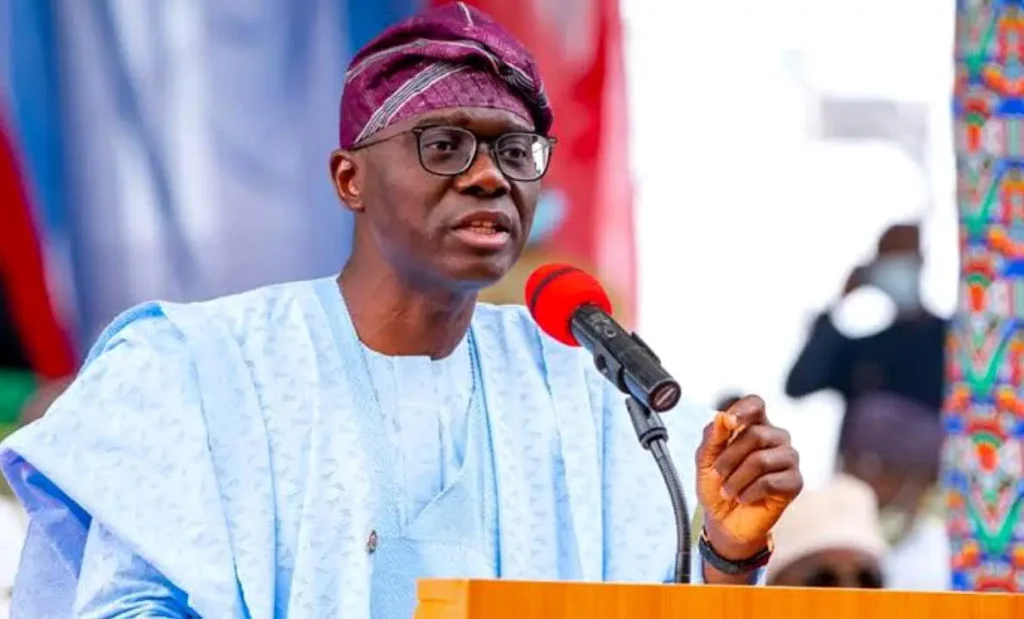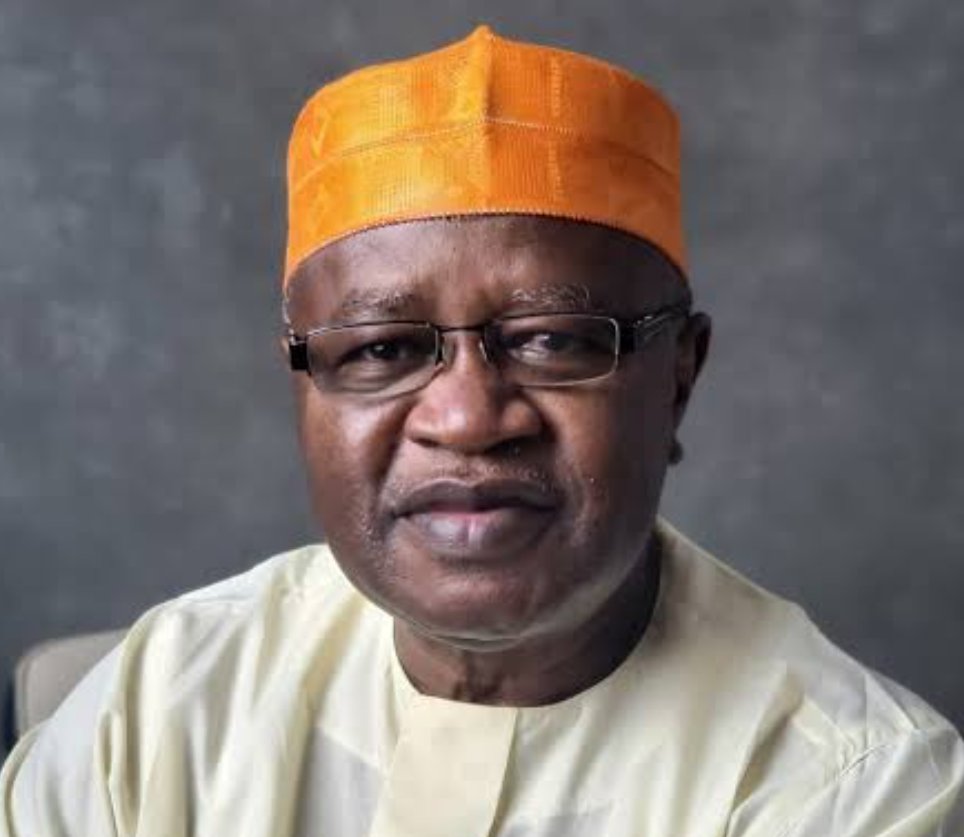The Nigerian capital market has defied odds in 2023, maintaining a bullish trend despite the backdrop of fuel subsidy removal and a foreign exchange crisis. It’s been a notable year for investors in the Nigerian equity market, and key factors have been at play shaping these market trends.
Market Resilience Post-Elections
Contrary to previous election cycles, where the Nigerian Exchange faced negative closures, the market surged by 19.98% last year and continued this momentum into 2023, defying post-election uncertainty. The market’s resilience, even in turbulent times, reflects local investors’ optimistic outlook on the election’s impact on policies.
Tunde Amolegbe, Managing Director of Arthur Stevens Asset Management Limited, stated, “The market’s response to the 2023 elections broke conventional trends, demonstrating its resilience and attractiveness amidst inflation.”
Corporate Raids and Strategic Acquisitions
Noteworthy corporate activities unfolded, such as the acquisition of a stake in Transnational Corporation Plc by billionaire Femi Otedola, followed by a significant purchase of shares in FBN Holdings by a company linked to former Chairman Oba Otudeko. These moves triggered market reactions and regulatory scrutiny, leaving a lasting impact on the market landscape.
Fuel Subsidy Removal and Forex Harmonisation Impact
President Bola Tinubu’s announcement of the end of the fuel subsidy regime and a unified exchange rate directive symbolized a significant policy shift. The subsequent nearly tripled petrol prices and the forex market’s restructuring caused ripple effects across various sectors. While listed oil companies saw increased revenues, the broader economy felt the strain, with consumers grappling with surging fuel costs.
Multinationals’ Exodus and Market Dynamics
As macroeconomic challenges persisted, several multinationals unveiled plans to delist from the capital market and exit Nigeria, signaling a major shift. This move is anticipated to wipe over N400bn off the NGX’s market capitalisation, further shaping the market’s landscape.
Listings and Positive Market Outlook
Amidst the exits, new listings injected billions of naira into the market capitalisation, reflecting a contrast in market dynamics. The positive outlook was emphasized by the Director-General of the Securities and Exchange Commission, Lamido Yuguda, who highlighted an influx of companies driving the market’s growth.
In summary, the Nigerian capital market’s resilience in the face of significant socio-economic and policy shifts underscores its enduring appeal to investors, and the evolving market dynamics are poised to chart a new course for the country’s financial landscape.Inside Nigeria’s Financial Markets: A 2024 Outlook
In recent developments, Nigeria’s financial markets have witnessed a flurry of changes, with significant implications for both domestic and foreign investors. The dynamics of these shifts are poised to shape the country’s economic landscape in the coming year. Brace yourself for a comprehensive journey through the intricacies of Nigeria’s financial ecosystem and what lies ahead.
Russell, a subsidiary of the London Stock Exchange Group, made waves with the downgrade of the Nigerian equities market. Simultaneously, MSCI Nigeria Indexes set the stage for reclassifying the Nigerian market from frontier markets to standalone markets status. These pivotal decisions have sent ripples across the global financial sphere, sparking conversations about the country’s economic resilience and potential for growth.
Speaking in response to these developments, Yuguda expressed concerns regarding the recent reclassifications of Nigerian securities indices by FTSE-Russell and MSCI. He attributed these changes to the existing foreign exchange liquidity challenges and their ramifications on investor confidence. Such sentiments underscore the delicate balance between market dynamics and external factors that influence investment landscapes.
Amidst these deliberations, a ray of optimism emerged as international rating company Moody’s upgraded Nigeria from stable to positive. This upgrade, driven by transformative market reforms instituted by the government, has elicited the attention of analysts and stakeholders alike. Forecasts suggest that the upgraded status holds the promise of attracting foreign investors into the market, marking a potential turning point in Nigeria’s investment narrative.
Looking ahead to 2024, capital market operators are buoyed by the prospects of market-friendly reforms yielding tangible results. The Managing Director of Financial Derivatives Company Limited, Bismarck Rewane, presented a sanguine outlook at the Parthian Partners 2024 Economic Outlook event. He projected a decline in inflation, emphasizing the potential for a decrease to as low as 17% in 2025. This outlook heralds a new era of economic stability, underpinned by transformative fiscal policies and market dynamics.
Rewane also shed light on investor behavior, noting that investors are expected to deepen positions in securities offering higher yields, along with companies demonstrating robust cash flows and realistic earnings objectives. These insights provide a glimpse into the strategic considerations guiding investor decisions in a landscape characterized by evolving risk appetites and market conditions.
Meanwhile, Seun Dosunmu, the Head of Research at Parthian Securities, outlined several factors that are set to define the financial landscape in the coming year. From a high interest rate environment to potential capital raising by listed companies and prospective energy capacity increase, Dosunmu’s assessment paints a comprehensive picture of the multifaceted forces shaping Nigeria’s financial markets in 2024.
The 2023 African Economic and Capital Markets Conference spotlighted the enduring impact of local investors in the market. Luke Ofojebe, the Head of Research at Vetiva Capital, highlighted the dominance of local investors and the implications of currency instability on foreign investor sentiment. These observations underscore the intricate interplay between local and global market forces, offering a nuanced perspective on the current market landscape.
As the year unfolds, the Nigerian financial markets stand at a crossroads, defined by shifting global trends, domestic reforms, and the delicate dance of investor sentiment. The path ahead beckons with the promise of transformation, poised to reshape Nigeria’s economic narrative and beckon global attention.
In a world of economic uncertainty and evolving market dynamics, Nigeria’s financial markets stand as a testament to resilience, adaptability, and the enduring spirit of growth. As we embark on this journey through Nigeria’s financial universe, one thing remains abundantly clear – the winds of change are blowing, and the world is watching.



